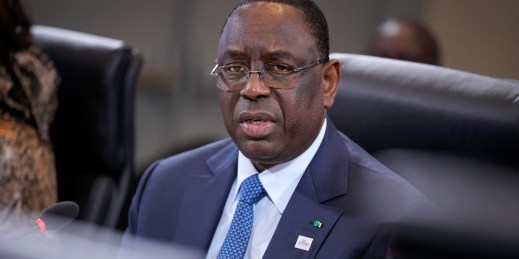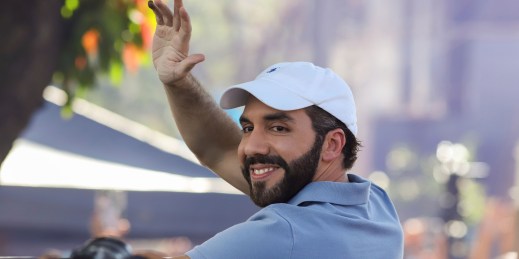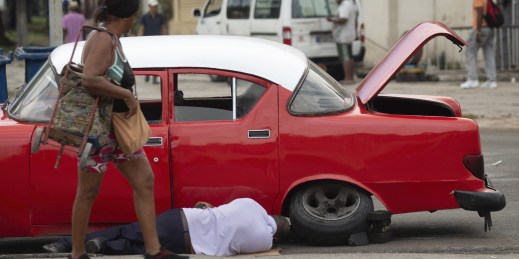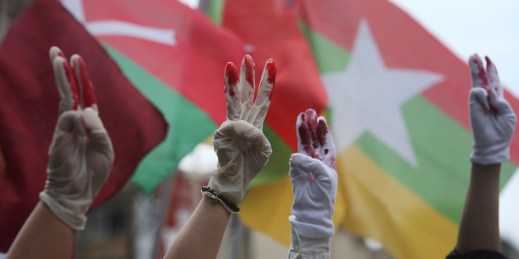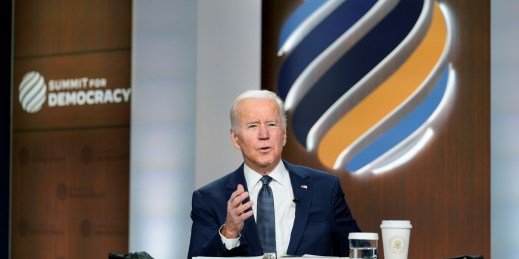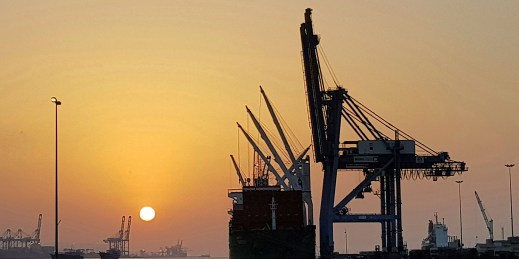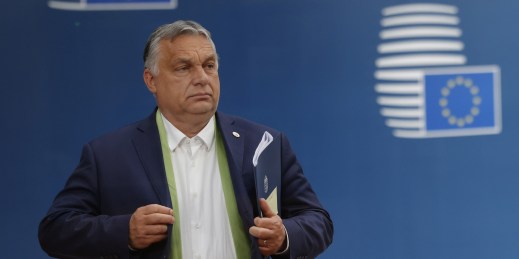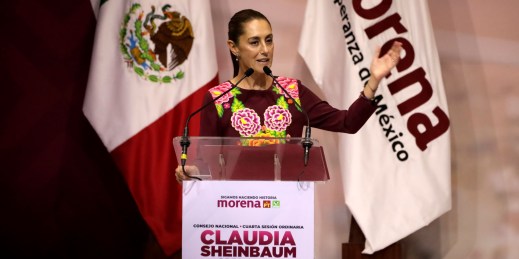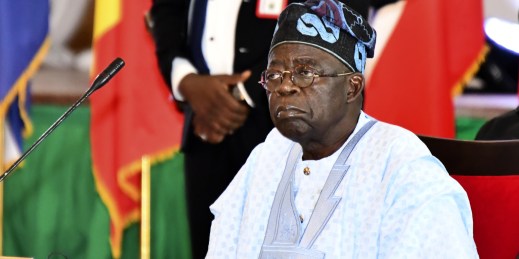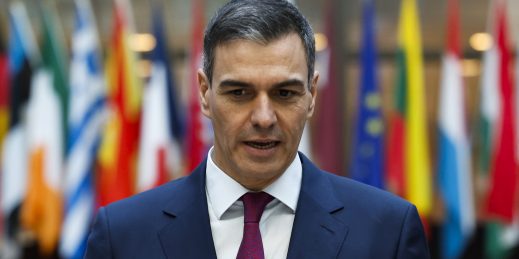
Last week’s defeat of a controversial amnesty measure underscores the difficulties facing Spanish Prime Minister Pedro Sanchez. Having deftly engineered an improbable return to office after last year’s elections, Sanchez now finds himself at the head of a coalition even more unruly than his previous complex, multiparty alliance.

